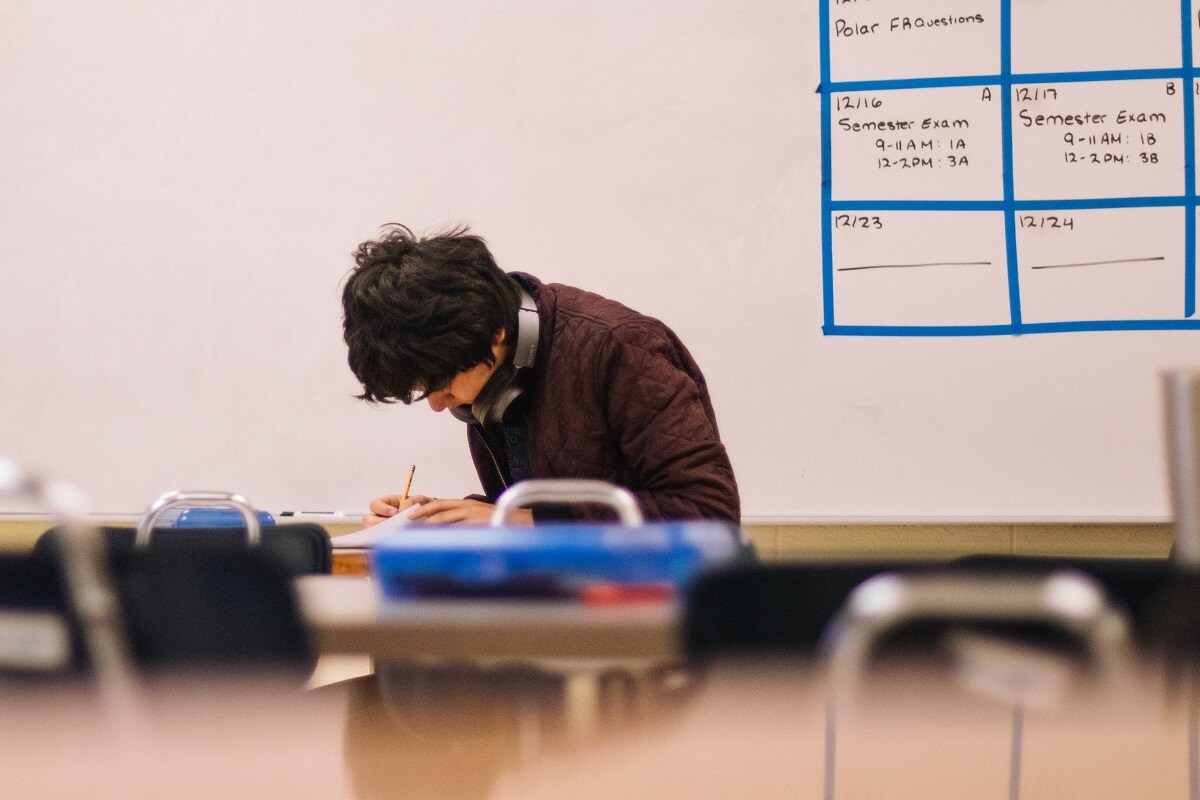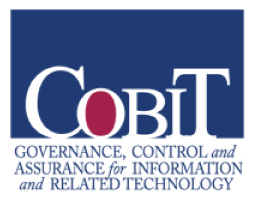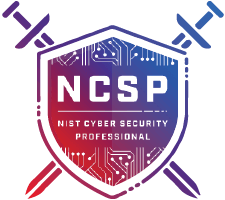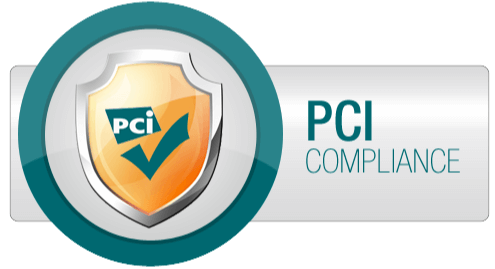Schools often face many challenges when it comes to responding to students who exhibit challenging behaviors. In some cases, these behaviors can pose a serious danger to one’s self or others and require careful attention. However, in most cases, challenging behaviors are merely disruptive and should not be considered an opportunity to restrain or seclude a student. While it is common practice to discourage seclusion and restraint, these practices are still being used in some schools.
The Government Accountability Report published in 2009 by the U.S. Government Accountability Office documents multiple cases of abuse and death related to seclusion and restraint in schools. The report also found “no federal laws restricting the use of seclusion and restraints in public and private schools.” Several states and territories have policies and guidelines regarding seclusion and restraint and they are exceedingly clear that these practices are to be used only for dangerous behaviors.
But according to the GAO report, students with disabilities in some schools around the country were often forcibly restrained by untrained professionals when they were performing non-threatening behaviors. This is a clear indication that these practices are still used inappropriately. The use of seclusion and restraint also continues to be a major source of contention for educators.
In the three decades I’ve spent working with educators and students with challenging behaviors, I’ve noticed that consultations often started with educators asking “What should we do when a dangerous behavior happens?” This is an important question; however, I believe that a more appropriate question educators should ask is “What should we to do prevent a dangerous behavior from ever happening?”
Corporal punishment and seclusion can have a negative and sometimes traumatic effect on students and should never be used in cases where a student is not a threat to themselves or others. It has also been systematically demonstrated that these types of discipline aren’t as effective as the use of evidence-based behavior intervention and support, which can dramatically reduce dangerous and disruptive behaviors and prevent them from happening in the future.
Positive Behavioral Interventions and Supports is an approach that establishes the behavioral support and culture necessary for students to succeed socially, emotionally and academically. It provides concrete strategies to promote skill development and reduce the likelihood of a student exhibiting a challenging behavior. Although challenging behaviors aren’t common in every student, there are a number of factors that can lead a student to perform a challenging or disruptive behavior. This can include mood swings, difficult situations at school, sudden trigger or a learning disability.
Teaching students to engage in appropriate behaviors is well within the educator wheelhouse and teachers, paraprofessionals and related service-providers can accomplish this by simply utilizing evidence-based practices such as functional behavior assessments, functional communication training and positive reinforcement.
In order for the culture of seclusion and restraint to change, more professional development and support is necessary for educators who deal with students who exhibit challenging behaviors. Educators can also benefit from access to training videos and comprehensive resources on how to implement effective positive behavior and support strategies.
Rethink is committed to ensuring that all children receive a quality educational experience in environments that are conducive to the growth and development of students and educators. Addressing challenging behavior is necessary to ensure a safe and effective learning environment. Through Rethink’s easy-to-use platform and extensive training programs, educators can learn the basics of behavioral intervention and gain helpful advice on how to impact their school culture in a positive way.
With hope, the use of effective positive behavioral support strategies can be the key to reducing the need for seclusion and restraint and moving towards a safe and healthy environment for all.
